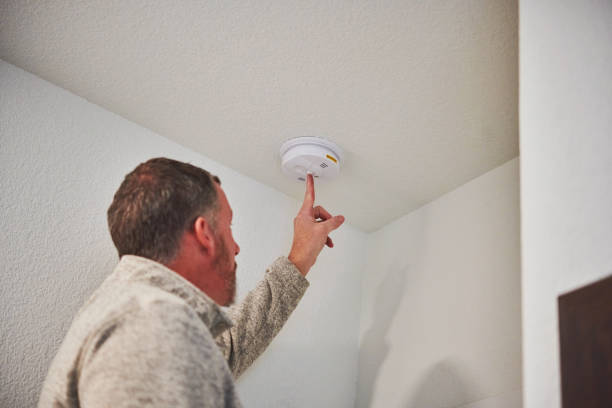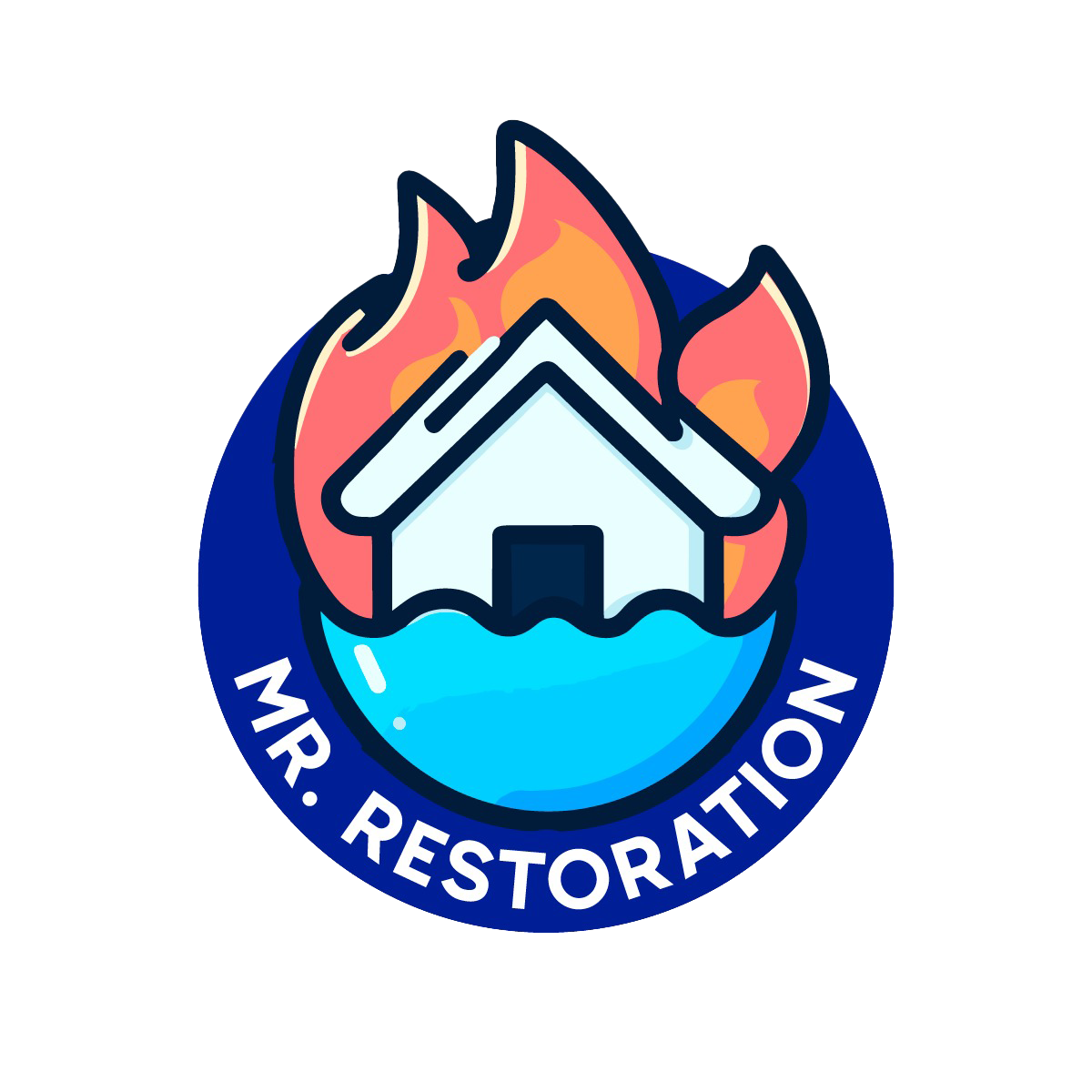Safeguard your home
Gas Leaks
Gas leaks pose a grave threat to homeowners, as they can result in explosions and fires. Prompt detection, evacuation, and contacting emergency services are vital steps to mitigate the risks associated with gas leaks, along with regular maintenance of gas appliances and installation of detectors.
Common Causes of Gas Leaks
- Faulty or deteriorating gas appliances such as water heaters, furnaces, or stoves.
- Damaged or corroded gas pipelines due to age, wear, or external factors like construction or excavation.
- Improper installation of gas appliances or pipelines, leading to loose connections or leaks.
- Natural disasters such as earthquakes or floods that damage gas infrastructure.
- Accidental damage to gas pipelines during construction or landscaping activities.
- Improper storage or handling of gas cylinders or tanks.
- Gas regulator or valve malfunctions.
- Poor ventilation in enclosed spaces, leading to gas buildup.
- Wear and tear on flexible gas connectors.
- Unauthorized tampering or vandalism of gas infrastructure.
Preventative Measures
- Regular Maintenance: Schedule routine inspections of gas appliances to detect and address any potential issues before they escalate.
- Install Gas Detectors: Place carbon monoxide and gas detectors in strategic locations throughout your home to provide early warning of leaks.
- Proper Ventilation: Ensure adequate ventilation in areas with gas appliances to prevent the buildup of gas fumes.
- Familiarize with Gas Shut-off Valve: Know the location and how to operate the gas shut-off valve in case of emergencies.
- Keep Area Clean: Maintain cleanliness around gas appliances to minimize potential hazards and obstructions.
- Professional Installation: Hire qualified technicians for the installation and repair of gas appliances to ensure safety and compliance.
- Educate Household Members: Teach everyone in your household to recognize the signs of gas leaks and how to respond appropriately.



